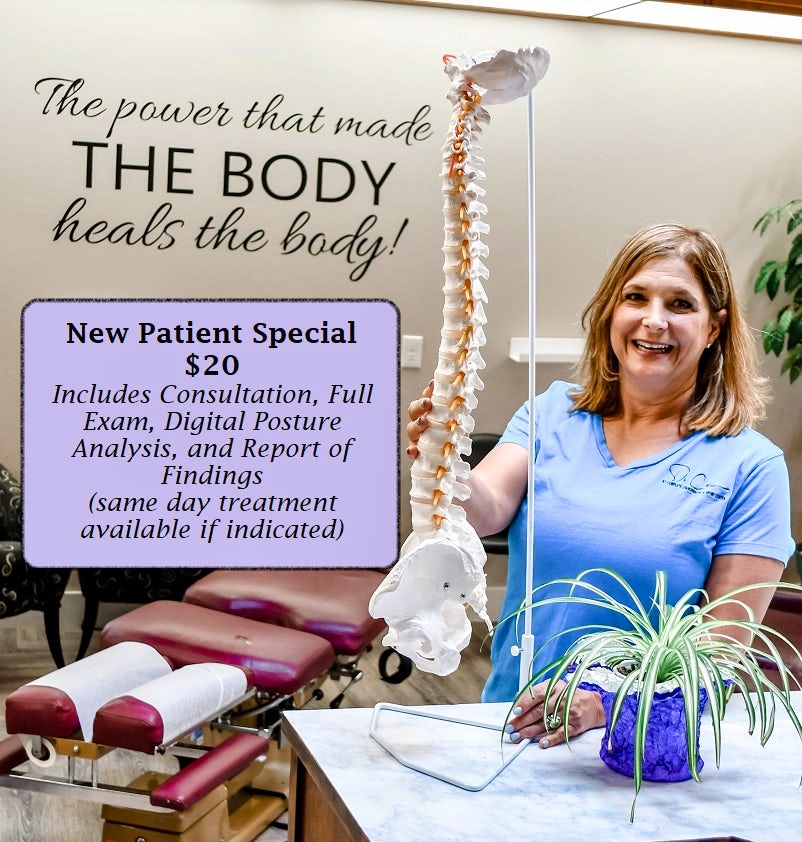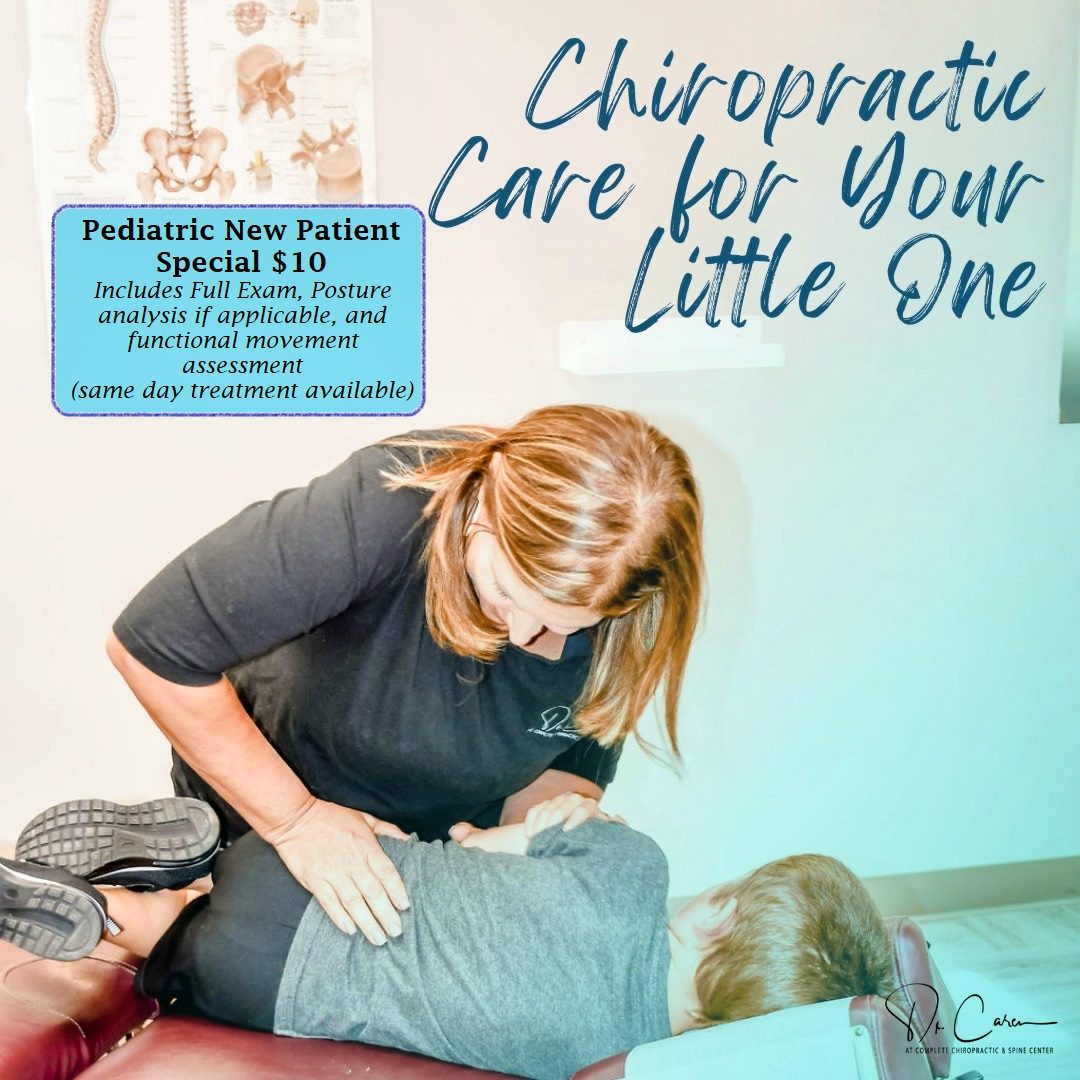
Hormones play a crucial role in regulating numerous bodily functions, from metabolism and mood to reproduction and energy levels. However, various factors such as stress, poor diet, lack of exercise, and environmental toxins can disrupt hormonal balance, leading to a myriad of health issues. Fortunately, there are natural ways to restore and maintain hormonal balance, promoting overall well-being. Here are several strategies to help you achieve this balance naturally. Nutrition: The Foundation of Hormonal Health
- Eat a Balanced Diet: o Healthy Fats: Incorporate healthy fats like avocados, nuts, seeds, and olive oil into your diet. These fats are essential for hormone production and overall health. o Protein: Ensure adequate protein intake from sources like lean meats, fish, eggs, legumes, and plant-based proteins. Protein is vital for the production of peptide hormones. o Fiber: A diet high in fiber helps regulate insulin levels and supports gut health, which is crucial for hormone balance.
- Avoid Processed Foods and Sugars: o Processed foods and refined sugars can cause insulin spikes and increase inflammation, disrupting hormonal balance. Opt for whole, unprocessed foods instead.
- Include Phytoestrogens: o Foods like flaxseeds, soy, and legumes contain phytoestrogens, which can help balance estrogen levels, particularly in women experiencing menopause. Exercise: Movement for Hormonal Harmony
- Regular Physical Activity: o Exercise helps regulate insulin levels, reduce stress hormones, and boost endorphins. Aim for a mix of aerobic exercises, strength training, and flexibility exercises like yoga.
- Strength Training: o Engaging in regular strength training can help maintain muscle mass, which is important for metabolic health and hormone regulation, especially as you age. Stress Management: Calming the Mind and Body
- Mindfulness and Meditation: o Practices like mindfulness meditation can help lower cortisol levels and reduce stress. Even a few minutes of deep breathing or meditation each day can make a significant difference.
- Adequate Sleep: o Aim for 7-9 hours of quality sleep per night. Poor sleep can disrupt the production of hormones like cortisol, insulin, and leptin, which regulate stress, blood sugar, and appetite, respectively.
- Stress-Reducing Activities: o Engage in activities that relax and rejuvenate you, whether it’s reading, spending time in nature, or pursuing a hobby. Reducing stress can have a profound impact on hormonal health. Natural Supplements: Supporting Hormonal Balance
- Adaptogens: o Adaptogenic herbs like ashwagandha, rhodiola, and holy basil can help the body adapt to stress and support adrenal function, which is crucial for hormonal balance.
- Omega-3 Fatty Acids: o Omega-3 supplements, such as fish oil, can reduce inflammation and support hormone health.
- Probiotics: o A healthy gut microbiome is essential for hormone regulation. Probiotics can improve gut health, aiding in the proper metabolism of hormones.
- Vitamin D: o Ensure adequate vitamin D levels through sunlight exposure or supplementation. Vitamin D plays a role in the production of several hormones, including insulin and sex hormones. Avoiding Environmental Toxins: Reducing Hormonal Disruptors
- Reduce Exposure to Endocrine Disruptors: o Avoid products containing harmful chemicals like BPA, phthalates, and parabens, which can interfere with hormone function. Opt for natural and organic products whenever possible.
- Clean Air and Water: o Use air purifiers and water filters to reduce exposure to environmental toxins that can disrupt hormonal balance. Conclusion Achieving and maintaining hormonal balance is essential for overall health and well-being. By adopting a holistic approach that includes a balanced diet, regular exercise, stress management, natural supplements, and reducing exposure to toxins, you can naturally support your body’s hormonal harmony. Remember, it’s about making sustainable lifestyle changes that promote long-term health. Always consult with a healthcare professional before starting any new supplement or making significant changes to your diet or exercise routine to ensure they are appropriate for your individual health needs.






